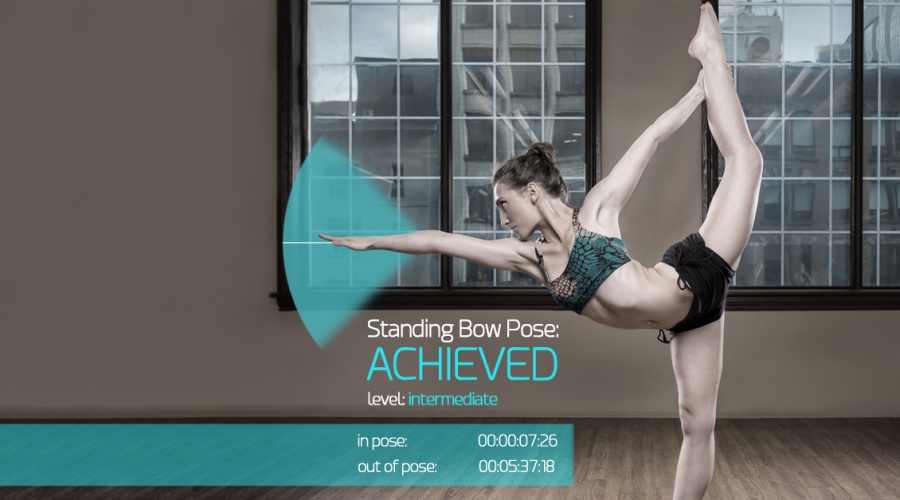New diets, exercise fads, and health advice comes at us from a million different directions each day. If you look through the mountain of information out there, you’ll notice some technology and ideas that are worth remembering, particularly for their focus on your health and fitness.
Here are a few fascinating technologies you’ll probably see go mainstream in the next few years.
A pair of classmates at the University of Waterloo recently teamed up to create the startup company Athos, which manufacturers workout clothing that tracks your movements and can actually tell you if you’re hitting your fitness goals.
The machine-washable clothing has sensors that will tell you if you’re working your muscles too hard or not hard enough. The electromyography-powered clothing will even analyze your breathing.
Pedometers and fitness calculators are handy, but Focus Motion goes a “step” further with its tracking algorithms. FocusMotion works with wearable tech (smart watches) to provide engaging tracking that responds and builds upon a user’s habits.
One of the amazing features of the technology is that it can provide feedback and analytics on form recognition and fatigue. That’s a lot more in-depth than seeing the simple post-workout message of “you ran 10 miles and burned 500 calories.”
The products manufactured by Hyperice are designed to reduce recovery time after strenuous workouts. The company makes rollers that vibrate at different speeds and are supposed to prepare muscles for a hard workout or massage them after the workout is complete.
Apparently, professional athletes like LeBron James have noticed the company’s products. The company’s high-intensity vibration fitness rollers have become an important part of post-workout recovery for athletes like Lindsey Vonn and Blake Griffin.
Heart rate monitors have become popular with runners, but accurate tracking has meant wearing a strap around the chest. Not a particularly comfortable option during a workout. Wearable tech company Mio provides that service without the annoying straps and extra wires.
The Mio FUSE is a heart rate wristband that’s supposed to provide an incredibly accurate heart rate, and it can also provide an accurate count of how many calories you’ve burned based upon your heart rate.
The Muse headband uses a technology known as electroencephalography (EEG) in its “brain sensing headband,” and the company describes its device as a personal meditation assistant. The device is designed to be used when you meditate and will assist you in calming your mind.
The coolest part about the headband is that it detects how active your mind is through electroencephalography and provides sounds based upon that activity that are designed to guide you to a peaceful state. It’s a headband that reads your mind!
Created by a doctor who trained at Columbia University, Parsley Health is a program designed to improve health outside the yearly visit to the doctor. Known in the medical community as “functional medicine,” the concept relies on data and technology to empower patients.
The goal is to recommend healthier lifestyle choices outside of visits to the doctor, which help people maintain their health even if they’re not sick. Members even get discounts at wellness programs like yoga studios and physical therapists.



